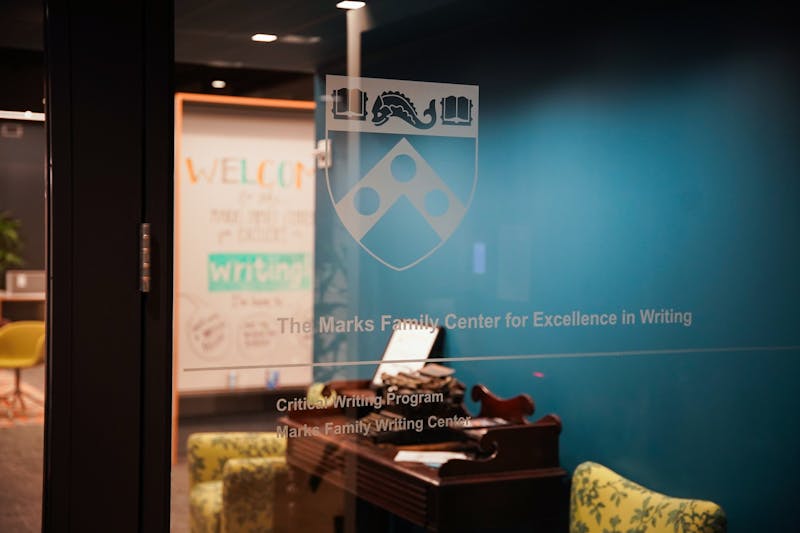
Simon Aban Deng was enslaved at the age of six. He is living proof that -- even into the 21st century -- people are still being forced into servitude.
Monday, his words echoed across the room in which an audience had gathered for an event organized by Students Take Action Now Darfur to raise awareness of the genocide that is occurring in Sudan.
"I remember as a child when the government would come and raid our villages," Deng recounted, recalling that two of his friends were shot. "We didn't know what was happening, so we started running."
"We thought the government troops were still behind us," the native of the Shilluk Kingdom in southern Sudan said.
That night, Deng and his three companions slept in the bushes, while his pregnant friend who had not been able to keep up with the rest was eaten by wild animals.
He managed to survive that night, only to be captured and enslaved by an Arab man after his family moved to the town of Malakal.
"It was the worst day I have ever seen in my life," the former refugee said.
Deng was given as a gift to an Arab family, and he had no chance of trying to escape in a predominantly Arab town.
"We were treated like animals," Deng said.
This continued until a man from his town, who turned out to be a relative, showed up. Deng said the man -- who helped him escape -- began crying when he realized who he was, because in his town everyone assumed Deng was dead.
"Most of you have read about how bad slavery is from history books," Deng said. "I am living proof of slavery."
He is constantly reminded of those enslaved as he lives a free life in America.
According to the Sudanese government, genocide has been occurring in that country since 1955, with a death toll of 3.5 million and hundreds more enslaved.
"If that is not genocide, what do you call it?" he said.
Charles Jacobs, co-founder and president of the American Anti-Slavery Group, said he began working on the campaign against slavery in Sudan when he realized there was evidence of people being forced into labor with little or no pay.
Jacobs then believed that "once the world knew there was slavery in Africa, everyone would drop everything and be willing to fight it. But nothing happened."
He was perplexed by the how the Western world chooses to intermittently intervene in international affairs.
Jacobs spoke to then-Secretary of State Madeleine Albright about the issue and asked her why the term genocide was not used when speaking of Sudan.
Albright's assistant explained that "America has signed several covenants [that require America to intervene in genocide], so we would have to act. America is not going to act, so there is no genocide."
"The U.N. has a juvenile, egotistical, narcissist problem," Jacobs said.
The activist, who considers himself from "the left of the house" asked the audience how it was possible that imposing democracy is thought of as a right-wing action.
College senior and Nigeria native Christine Onyung found the speech to be powerful.
"I was shocked because the people who have the power to do something aren't willing to do very much," she said.
STAND President Anna Mayergoyz and Vice President Melissa Hauptman called the event a "huge success."
"The blizzard wasn't enough to discourage people from coming," she said.
STAND is trying to collect 100,000 signatures and $100,000 in 100 days to help end the suffering in Darfur.
The Daily Pennsylvanian is an independent, student-run newspaper. Please consider making a donation to support the coverage that shapes the University. Your generosity ensures a future of strong journalism at Penn.
DonatePlease note All comments are eligible for publication in The Daily Pennsylvanian.








